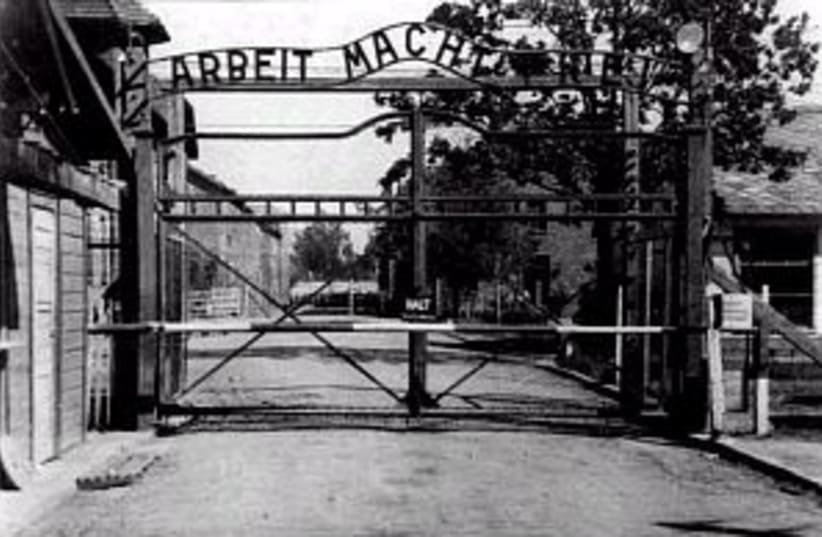| JPOST.COM HIT LIST | |
| JPost.com's most popular articles this past week |
Comment: Why the ghettos of Poland are still important
An hour at Auschwitz gives one a better understanding of the Holocaust than reading five 300-page books.


| JPOST.COM HIT LIST | |
| JPost.com's most popular articles this past week |